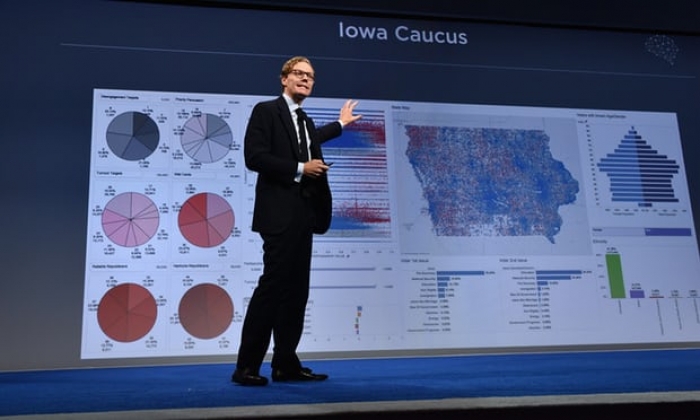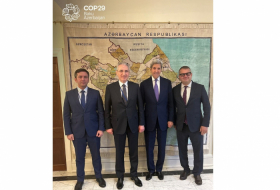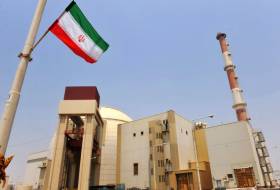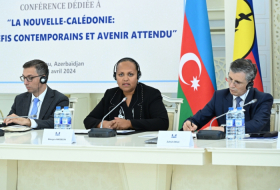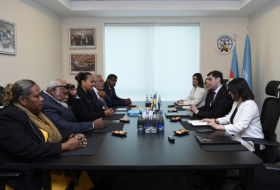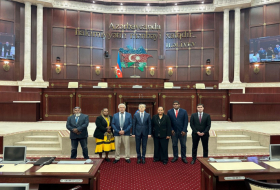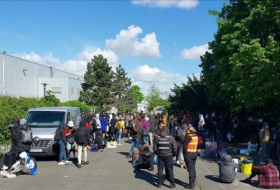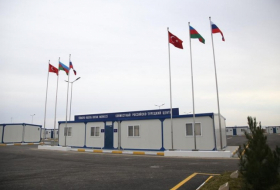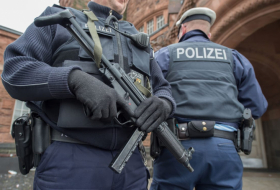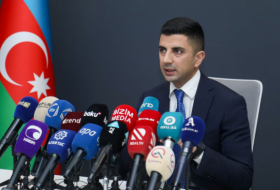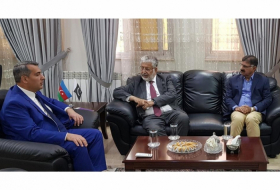“I can confirm an approach by Cambridge Analytica [prior to November last year] and can confirm that it was rejected by WikiLeaks,” Assange tweeted. He did not elaborate on the content of the request.
The Daily Beast report said: “Nix, who heads Cambridge Analytica, told a third party that he reached out to Assange about his firm somehow helping the WikiLeaks founder release Clinton’s missing emails, according to two sources familiar with a Congressional investigation into interactions between Trump associates and the Kremlin.
“Those sources also relayed that, according to Nix’s email, Assange told the Cambridge Analytica CEO that he didn’t want his help, and preferred to do the work on his own. If the claims Nix made in that email are true, this would be the closest known connection between Trump’s campaign and Assange.”
Another report by CNN, citing two unnamed sources, said Nix wrote to several people including Trump mega-donor Rebekah Mercer, explaining that he had emailed Assange seeking access to the Clinton emails to turn them into a searchable database for the campaign or a pro-Trump political action committee.
Mercer and her father Robert, a hedge fund billionaire, are major investors in Cambridge Analytica. Steve Bannon was a vice-president of the company – he reportedly had holdings valued at between $1m and $5m – before joining the Trump campaign and becoming the White House chief strategist, a post he left in August.
Cambridge Analytica’s website claims it holds up to 5,000 data points on more than 230 million American voters. It promises to help clients “gain the advantage over your opponents by adding our blend of big data analytics and behavioral psychology to your campaign arsenal.” It is believed to analyse social media, such as Facebook likes, to build a “psychographic” picture of target voters.
The company was hired as part of the Trump campaign’s data operation, led by Brad Parscale and overseen by Trump’s son-in-law, Jared Kushner. Between 29 July and 12 December the Trump campaign paid Cambridge Analytica $5.9m, according to the Federal Election Commission. Soon after the election Forbes magazine reported that Kushner turned to it “to map voter universes and identify which parts of the Trump platform mattered most”.
But on Wednesday afternoon Michael Glassner, executive director of the Trump campaign, released a statement that did not mention Cambridge Analytica or WikiLeaks by name. “We as a campaign made the choice to rely on the voter data of the Republican National Committee to help elect President Donald J Trump,” he said. “Any claims that voter data from any other source played a key role in the victory are false.”
The Trump campaign is under federal investigation over alleged collusion with Russia. Parscale was interviewed on Tuesday by the House intelligence committee and, according to CNN, many of the committee’s questions were about the campaign’s work with Cambridge Analytica, which Parscale downplayed.
The committee has also requested information from Cambridge Analytica about its work for the Trump campaign. The company has said it is complying but is not under investigation and there is “no suggestion of wrongdoing”.
The 33,000 emails deleted from Clinton’s personal email server have never come to light and there is no evidence that WikiLeaks possessed them. In July last year Trump told a press conference: “Russia, if you’re listening, I hope you’re able to find the 30,000 emails that are missing. I think you will probably be rewarded mightily by our press.”
He made Clinton’s emails a central focus of the campaign – in which his supporters chanted, “Lock her up!” – and regularly lavished praise on WikiLeaks. In October he declared: “I love WikiLeaks!”
WikiLeaks published emails hacked from Clinton campaign chairman John Podesta just hours after the release of a potentially campaign-ending Access Hollywood tape in which Trump could be heard boasting about groping women. Assange has denied receiving help from Russian hackers.
During the election campaign, the veteran political operative Roger Stone, who is close to Trump, told Boston Herald Radio that he expected “Julian Assange and the Wikileaks people to drop a payload of new documents on a weekly basis fairly soon. And that of course will answer the question of exactly what was erased on that email server.”
More about: #Assange








